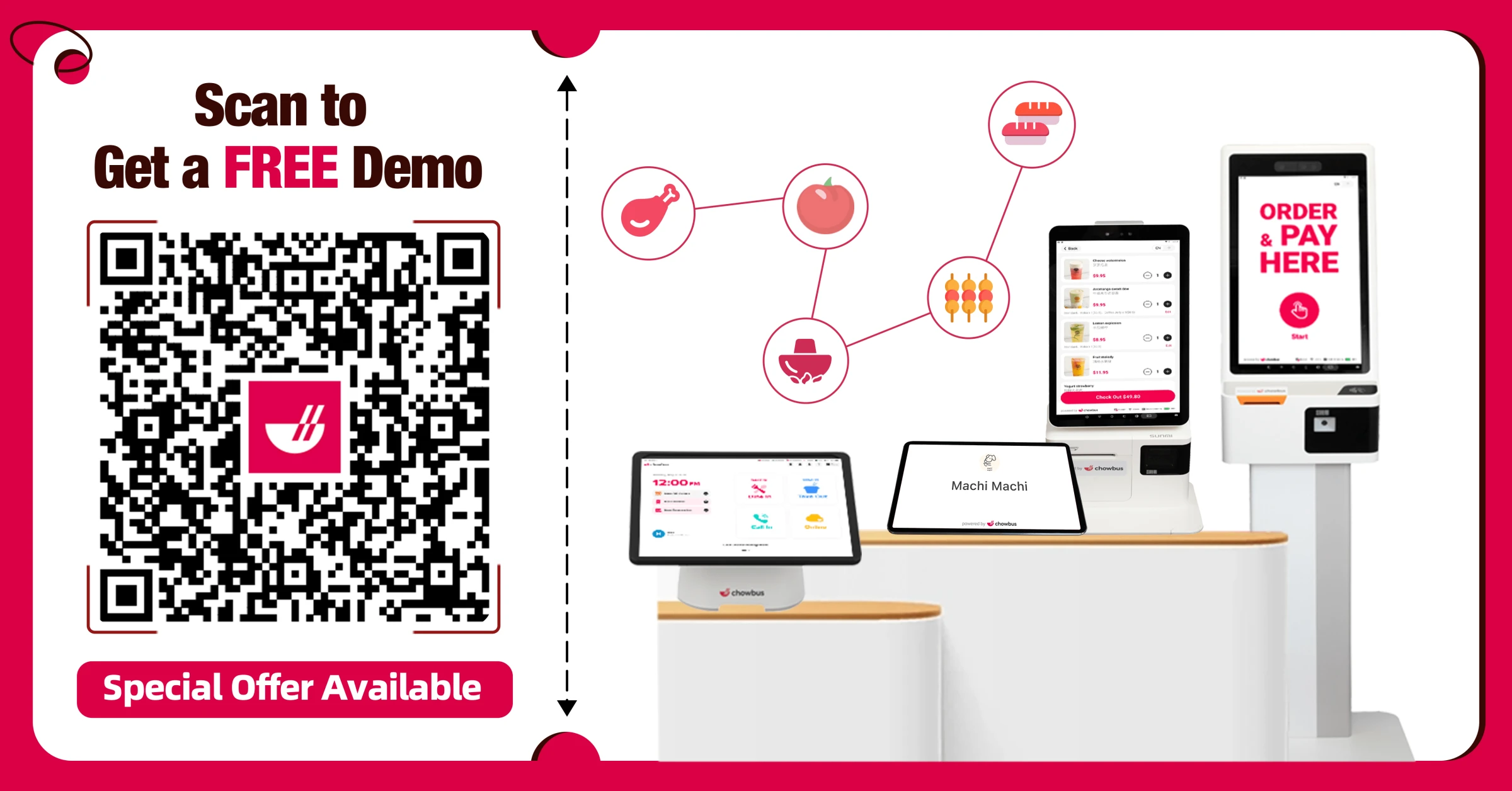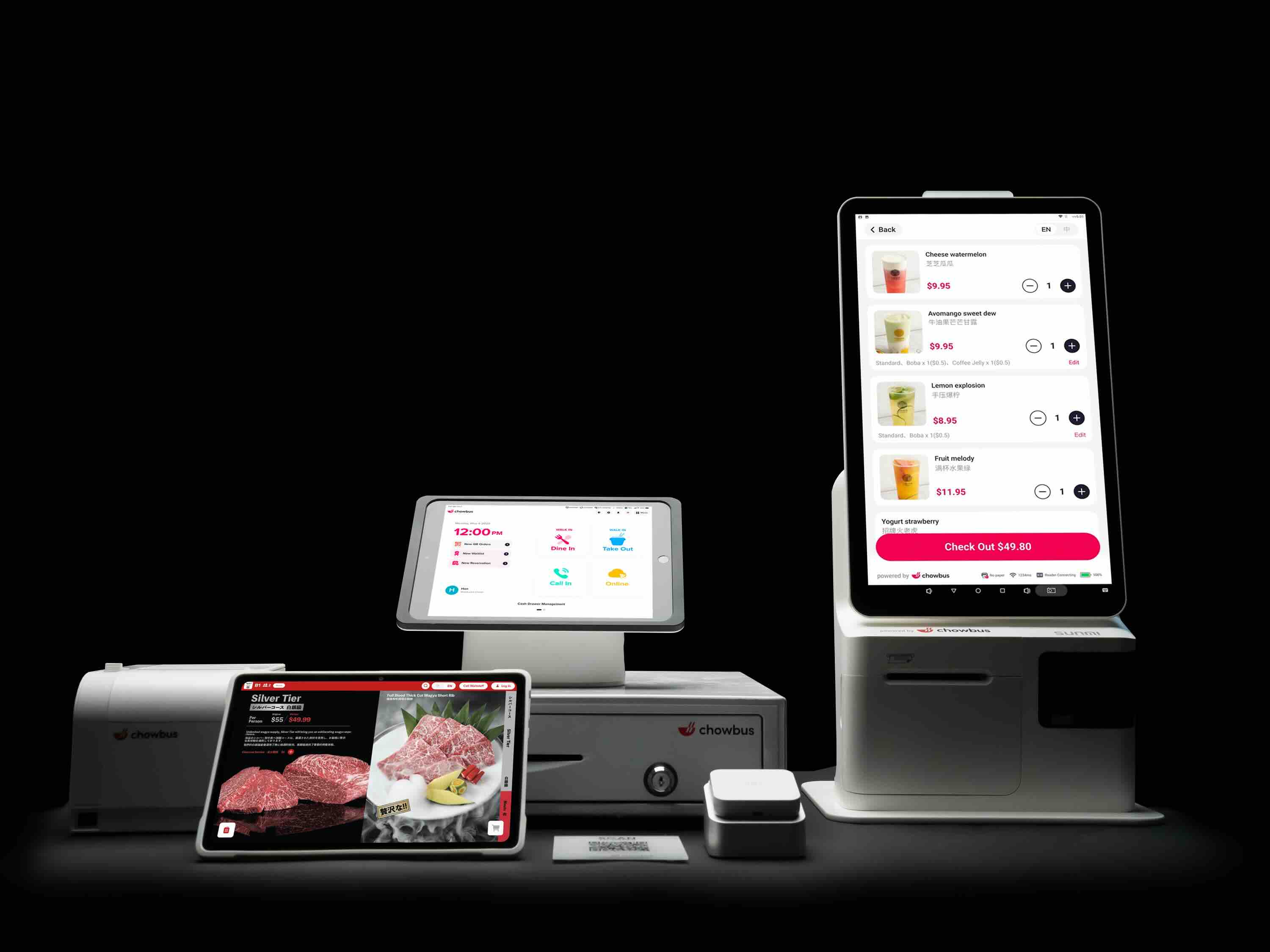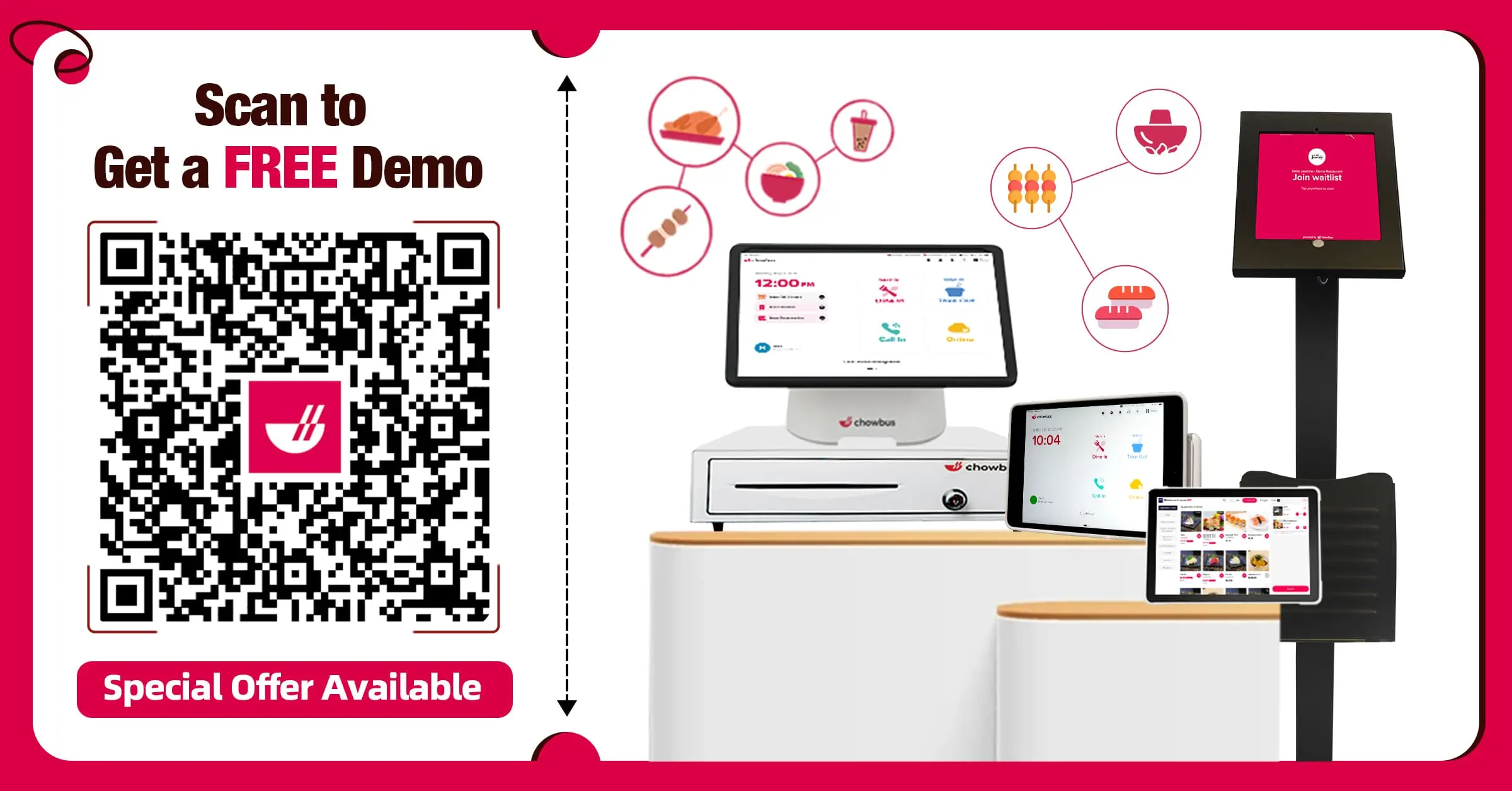What are Legacy POS Systems? Traditional POS System Components

Legacy POS systems, an integral part of the restaurant industry’s history, have witnessed significant evolution over the years. As restaurant technology advances, restaurant owners find themselves at a crossroads, evaluating the merits of traditional POS systems versus modern solutions. In this blog post, we delve into the world of Legacy POS systems, exploring their components, features, benefits, challenges, and why many are considering a shift to cloud-based alternatives.

What are Legacy POS Systems?
Legacy POS Systems refer to traditional POS (point of sale) systems. These systems are older/outdated versions of point-of-sale technology that were widely used before the advent of modern, cloud-based POS solutions.
Legacy POS Systems typically consist of on-premise hardware and software components that are installed and maintained locally within a store or business establishment. Unlike modern POS systems that operate in the cloud, legacy POS systems rely on physical servers and infrastructure within the business premises.
Traditional POS System Components
A typical Legacy POS system comprises several key components, including a central server, terminals, cash drawers, receipt printers, and barcode scanners. The server acts as the brain of the system, storing data and facilitating communication between various peripherals. Terminals are stationed at checkout points, allowing employees to input sales data, while cash drawers secure cash transactions. Receipt printers generate customer receipts, and barcode scanners streamline the checkout process.
Legacy POS System Features
Legacy POS systems come with a range of features tailored to meet the specific needs of restaurants. Here are some key features of legacy POS systems:
Data Storage
Legacy POS systems store your data on-site on local servers and run on a closed internal network. This means your sensitive business information remains on your premises, ensuring security and compliance with data protection regulations.
Internet Independence
One of the standout features of legacy POS systems is their independence from the internet. Unlike modern cloud-based systems, they do not rely on internet connectivity. This translates to consistent performance, even during internet outages, ensuring your business operates smoothly without any disruptions.
Customization
Legacy POS systems are often custom-built for businesses, catering to their unique requirements. This customization ensures that the system aligns perfectly with your restaurant's needs, optimizing efficiency and enhancing user experience.
Basic Functions
These systems were designed to primarily handle cash register functions and basic inventory management. Despite their simplicity, they are remarkably effective, providing restaurant owners with the fundamental tools needed to run their establishments smoothly.
Legacy POS Systems Benefits
The adoption of Legacy POS systems brings forth several advantages for restaurant owners:
Reliability - Proven technology with a track record of stable performance, ensuring consistent service.
Customization - Tailored solutions to meet specific restaurant needs, accommodating diverse menu structures and pricing models.
Training Familiarity - Many staff members are already acquainted with Legacy POS systems, minimizing training time.
Ownership Control - Complete control over hardware and software, allowing in-house customization and maintenance.
However, despite these benefits, Legacy POS systems come with their own set of challenges, especially concerning enterprise system integration.
What Challenges Do Legacy Systems Pose for Enterprise System Integration?
While Legacy POS systems offer stability, they can pose challenges when integrating with other enterprise systems. Their reliance on proprietary software and hardware can create compatibility issues with newer technologies. This can hinder businesses from adopting advanced analytics tools, customer relationship management systems, and other innovative solutions essential for staying competitive in today's market.
Replace Traditional POS System
Given these challenges, businesses are increasingly evaluating the option of replacing their traditional POS systems. The decision to upgrade is often driven by the need for enhanced integration capabilities, improved data analytics, and the desire to leverage cloud-based technologies. Upgrading to a more modern solution can future-proof your restaurant, ensuring you stay competitive in a rapidly evolving market.
POS Cloud vs Legacy
Let's delve into the differences between POS cloud systems and Legacy POS systems to shed light on the advantages of embracing modern technology:
Legacy POS Systems:
On-Site Servers: Legacy systems operate on on-site servers, necessitating physical hardware installation and maintenance.
Limited Accessibility: Access to data and system functionalities is limited to the physical location of the POS terminal.
Upfront Investment: Initial costs include hardware, software licenses, and setup fees, constituting a significant upfront investment.
Security Concerns: Security measures rely heavily on physical infrastructure and may lack modern encryption standards, making them vulnerable to cyber threats.
Cloud-Based POS Systems:
Remote Accessibility: Cloud-based systems offer remote accessibility, allowing owners and staff to manage operations from anywhere with an internet connection.
Subscription-Based Model: Typically, cloud POS systems operate on a subscription-based model, reducing initial investment costs and offering predictable monthly expenses.
Automatic Updates: Cloud POS systems receive automatic updates, ensuring access to the latest features, security patches, and compliance standards.
Enhanced Security: Cloud-based systems employ robust encryption protocols and regular security updates, bolstering protection against cyber threats.
Why Restaurateurs Choose Cloud-Based POS Over Legacy POS
Given the evolving demands of the restaurant industry, many restaurateurs are opting for cloud-based POS systems over Legacy ones. Here are the reasons driving this shift:
1. Accessibility and Mobility:
Cloud-based POS systems enable restaurant owners and managers to access crucial business data from anywhere, facilitating remote management and informed decision-making.
2. Automatic Updates:
Cloud systems receive automatic updates, ensuring that businesses always have access to the latest features, security patches, and compliance standards without manual intervention.
3. Scalability:
Cloud POS solutions are highly scalable. Restaurants can easily expand their operations without the hassle of upgrading hardware, making them an ideal choice for businesses with ambitious growth plans.
4. Enhanced Integration:
Cloud-based POS systems offer seamless integration with a variety of third-party applications. This integration capability streamlines various aspects of business operations, from inventory management to customer relationship management.
5. Data Security and Compliance:
Cloud POS providers invest heavily in security measures, safeguarding customer data and financial information. Moreover, they ensure compliance with industry regulations, providing peace of mind to both businesses and customers.
How to Choose Between a Cloud-Based POS and a Legacy POS
Choosing between a Cloud-Based POS and a Legacy POS system requires careful consideration of your restaurant's unique needs and future goals. Here’s how you can make an informed decision:
1. Assess Your Requirements: Identify the specific features your restaurant needs, both now and in the future. Consider aspects like menu complexity, customer volume, and integration requirements.
2. Budget Considerations: Evaluate your budget constraints. While cloud-based solutions offer lower initial costs, Legacy POS systems might provide a better long-term return on investment for some businesses.
3. Future Scalability: Consider the scalability of the system. Will it accommodate your growth? Cloud-based systems often offer easier scalability, allowing your business to expand without major disruptions.
Cloud POS vs Legacy POS: Which One to Choose?
The decision between Cloud-Based and Legacy POS ultimately rests on a business's specific requirements. Legacy POS Systems may be viable for businesses seeking immediate cost savings and limited functionalities.
However, for those envisioning growth, agility, and a competitive edge, Cloud-Based POS Systems emerge as the clear winner. Consider factors such as overall costs, ease of use, scalability, and integration capabilities. Carefully weighing these aspects will guide restaurateurs towards the most suitable choice for their venture.
Conclusion
Choosing the right POS system is important in the ever-evolving restaurant industry landscape. Legacy POS systems have served businesses faithfully for years, offering reliability and customization. However, the emergence of cloud-based solutions has introduced new possibilities, enhancing mobility, integration capabilities, and cost-effectiveness.
As a restaurant owner, your choice between Legacy POS systems and cloud-based solutions will shape your business’s future. Assess your requirements, consider your budget, and envision your restaurant's growth. Whether you opt for the trusted reliability of Legacy POS systems or the modern innovation of cloud-based solutions, choosing a system that aligns with your vision and empowers your restaurant to thrive in the digital age is key.
Ready to elevate your restaurant's efficiency and customer experience? Explore our range of POS solutions tailored to meet the unique needs of your business. Contact us today for a free demo/consultation, and let's embark on this journey to transform your restaurant's operations. Your success story starts with the right Restaurant POS system.

Frequently Asked Questions About Legacy POS Systems
Explore the world of Legacy POS systems with answers to common inquiries about their differences from cloud-based solutions, costs, relevance in the modern business landscape, and associated security concerns.
What is the Difference Between Legacy POS and Cloud POS?
Legacy POS systems operate using internal servers linked by an intranet or in-house network. This means all the data, transactions, and operations are managed within the physical premises of a business.
On the other hand, Cloud-based POS systems are perpetually online and store data in the cloud. This implies that information is stored on remote servers accessible through the internet. This fundamental distinction results in varying levels of flexibility, accessibility, and security for businesses using these Restaurant POS systems.
What are the Disadvantages of Legacy POS Systems?
Legacy POS systems have the disadvantage of requiring owners to be on-site for tasks like input, analysis, and data retrieval. This limits their ability to work remotely, create reports from home, replace or update stock items online, or perform other essential tasks off-premises.
How Much Does Legacy POS Cost?
The cost of a legacy POS (Point of Sale) system varies depending on your business needs:
Software Costs: Typically start at around $1000.
Hardware Costs: Range from $0 to over $1200.
Installation and Maintenance Costs: Include licensing, installation, and monthly fees.
Actual costs vary based on your specific requirements. Obtain quotes from multiple vendors to find the best price for your needs.
Why Do Some Businesses Still Use Legacy POS Systems?
Many businesses continue to use Legacy POS systems due to their proven reliability, familiar interface, and established support services. The comfort of familiarity reduces the learning curve for employees, enhancing operational efficiency. Additionally, the substantial financial investment already made in these systems often influences the decision to stick with them, especially for businesses on tight budgets.
Are Legacy POS Systems Still Relevant in Today's Tech-Driven World?
Yes, Legacy POS systems remain relevant in today's tech-driven world. Despite advancements, they provide stability and proven functionality for businesses. Upgrading should be considered based on specific needs rather than dismissing legacy systems outright.
What are the Security Concerns Associated with Legacy POS Systems?
Legacy POS systems are at a heightened risk of cyber threats due to outdated technology lacking modern security features. These systems often struggle to keep up with evolving threats, as they may not receive timely updates and patches. The static nature of legacy systems and the absence of real-time monitoring increase their vulnerability. To mitigate these risks, businesses should consider transitioning to more secure and up-to-date POS solutions.

Recommended Articles: